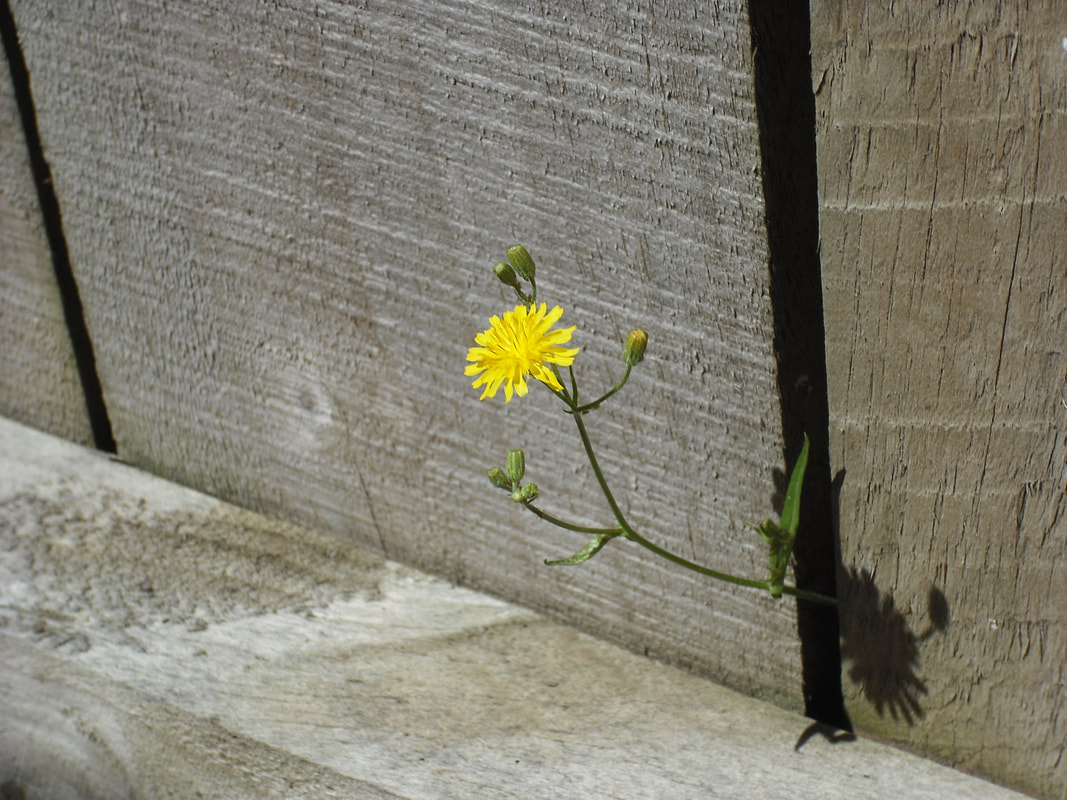|
In seeking both our own well being and that of the world we live in it is not just what we do that is important but how we do it, both in terms of our outer behaviour and how we work with the mind. If our personal relationship to the world is based on desire there will always be potential conflict. If this relationship is based on a higher mindfulness, conflicts can be avoided. We can have the same benevolent intention either way but one way will be fraught with suffering and the other free of suffering.
In Buddhism virtue is based on letting go of desire. We follow the conscious, peaceful mind in the present, not the automatic pilot of desire. We discover the joy of letting go of our desires and following our mindfulness, our spiritual awareness. This is based on the fact that if we honestly observe our own minds we discover that our desires are essentially insatiable. The impermanence of the pleasures of the senses always ultimately frustrates our desire. We also realise that our desires, in the spur of the moment, cannot see that impermanence. This makes desire itself unpleasant and we naturally opt for calm, for peace and for freedom from desire. This, we further discover, can be very liberating. We realise how our desires have been enslaving us all along. If we can thus let go of our desires and enjoy the peace and freedom that ensues it becomes a joyous thing to live humbly and frugally in harmony with nature and have no conflict with other people. Comments are closed.
|
Categories
All
|
Open The Sky - Reflective and creative work by Ajahn Kalyano

